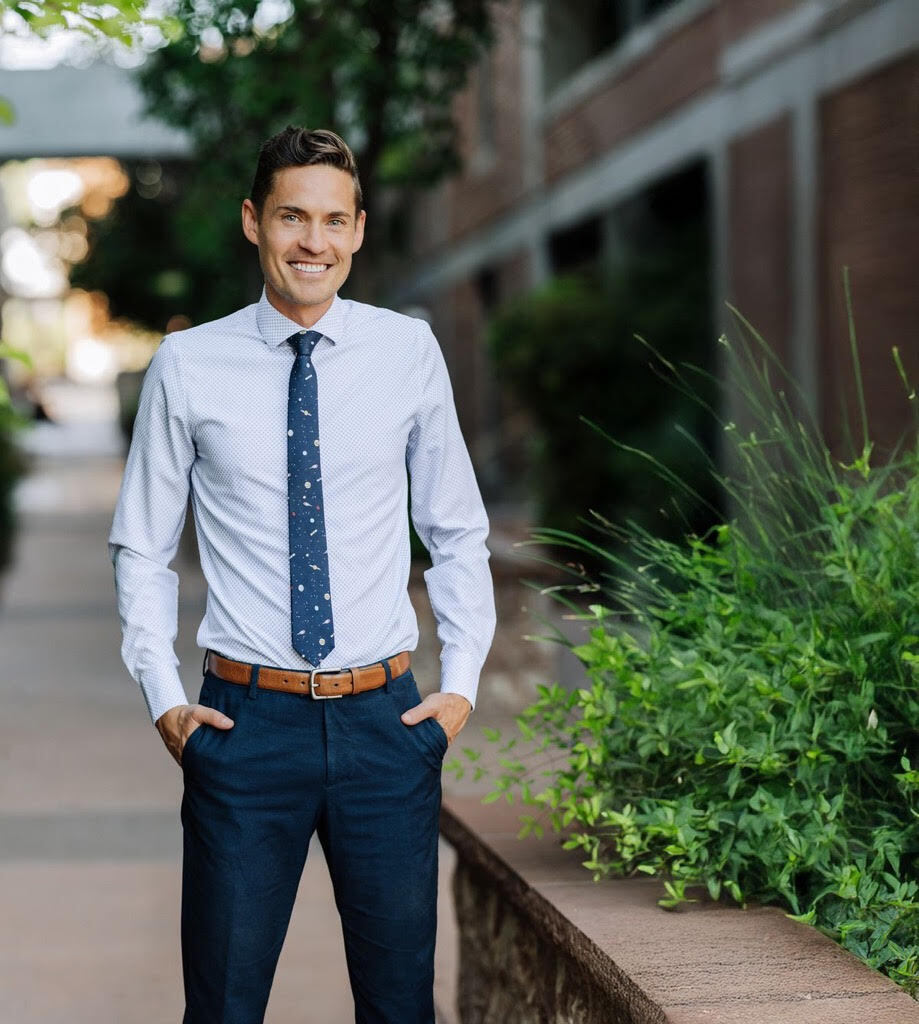Can You Future-Proof Your Brain?
Key questions that could help you stay sharp, focused, and mentally strong for life.

If you’ve ever forgotten a name mid-sentence or walked into a room only to wonder why you’re there, you’re not alone. But for many adults 55 and up, the bigger concern is what those small lapses might mean.
Is this just normal aging… or something more?
As a longevity and brain health physician, I’m often asked what someone can actually do to protect their memory as they age. The truth is: cognitive decline isn’t inevitable. In fact, there’s a lot you can do—especially if you start early.
Here are a few of the most common questions I hear, along with what the latest research (and my clinical experience) shows can make a meaningful difference.
Question 1:
“I feel fine now. Should I really be worried about memory loss later?”
“I feel fine now. Should I really be worried about memory loss later?”
Answer:
That’s actually the best time to start paying attention—before anything goes wrong. The brain has a remarkable ability to build resilience, but only if we give it the right conditions.
That’s actually the best time to start paying attention—before anything goes wrong. The brain has a remarkable ability to build resilience, but only if we give it the right conditions.
Brain decline often begins silently. Years before forgetfulness shows up, subtle changes in blood sugar control, inflammation, sleep, hormones, and nutrient absorption can start to erode cognitive function. If we catch and address those early, the payoff isn’t just disease prevention—it’s better energy, mood, focus, and productivity right now.
Everyone over 50 should consider running longevity-focused labs and doing a cognitive test at least annually—or more frequently if they’re managing chronic health issues. Establishing a baseline allows for early intervention when trends begin to shift, helping preserve focus, memory, and overall brain performance.
Question 2:
“I’ve heard staying mentally active helps—but what does that actually look like?”
“I’ve heard staying mentally active helps—but what does that actually look like?”
Answer:
It’s less about crossword puzzles and more about curiosity, challenge, and growth.
It’s less about crossword puzzles and more about curiosity, challenge, and growth.
The brain thrives when it’s stretched—especially in midlife. Trying something new—whether it’s learning a language, visiting an unfamiliar place, picking up an instrument, or experimenting in the kitchen—activates multiple brain regions, strengthens neural connections, and builds what we call cognitive reserve: your brain’s buffer against aging and disease.
The key is stepping out of your comfort zone and into your growth zone—that’s where real neuroplasticity happens.
Start small: take a community class, volunteer in a new environment, explore a trail you’ve never walked, or swap books with a neighbor and discuss them on a walk. Staying curious and adventurous doesn’t just enrich your life—it fortifies your brain.
Question 3:
“What’s one simple thing I can start today to support long-term brain health?”
“What’s one simple thing I can start today to support long-term brain health?”
Answer:
Move your body—especially outside. It may sound simple, but regular movement is one of the most powerful tools we have for brain health. It improves blood flow, stimulates the growth of new brain cells (a process called neurogenesis), reduces inflammation, and enhances memory.
Move your body—especially outside. It may sound simple, but regular movement is one of the most powerful tools we have for brain health. It improves blood flow, stimulates the growth of new brain cells (a process called neurogenesis), reduces inflammation, and enhances memory.
Aim for 30 minutes of moderate movement most days—walking, gardening, dancing, or golf all count. If you can do it outdoors, even better. Natural light helps regulate your circadian rhythm (essential for memory and mood), and time in nature lowers cortisol, a stress hormone that can impair cognition.
And if you can add social connection—like walking with a friend or joining a local class—you amplify the benefits even more. The combination of movement, sunshine, and meaningful connection is like compound interest for your brain.
Final Thought:
Cognitive decline can feel intimidating—but knowledge is power. With curiosity, consistency, and the right habits, we can do more than just hope for the best. We can take real, proactive steps to protect the mind that holds our memories, our relationships, and our identity.
Cognitive decline can feel intimidating—but knowledge is power. With curiosity, consistency, and the right habits, we can do more than just hope for the best. We can take real, proactive steps to protect the mind that holds our memories, our relationships, and our identity.
About Dr. Noorda:
Dr. Scott Noorda, DO, is a board-certified Family Medicine Physician with advanced certification in Functional Medicine and a clinical focus on brain health and longevity. He leads Resolve Medical, a personalized medicine clinic in St. George, where he helps patients reverse chronic conditions and protect long-term cognitive function. An author and international speaker, Dr. Noorda has educated audiences around the world on the science of aging well and optimizing brain health for life.
Dr. Scott Noorda, DO, is a board-certified Family Medicine Physician with advanced certification in Functional Medicine and a clinical focus on brain health and longevity. He leads Resolve Medical, a personalized medicine clinic in St. George, where he helps patients reverse chronic conditions and protect long-term cognitive function. An author and international speaker, Dr. Noorda has educated audiences around the world on the science of aging well and optimizing brain health for life.